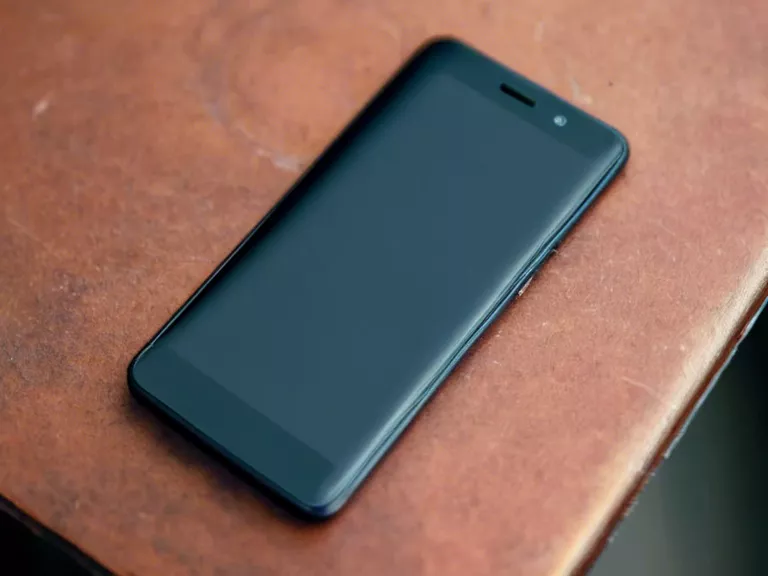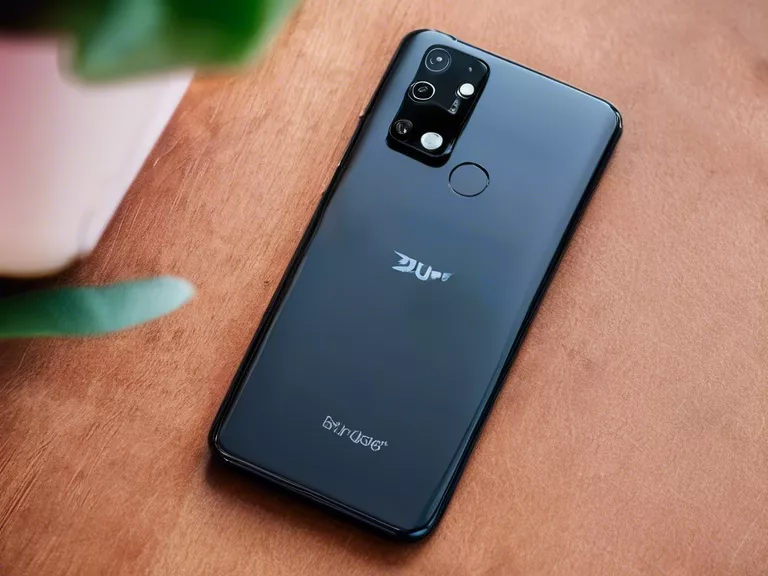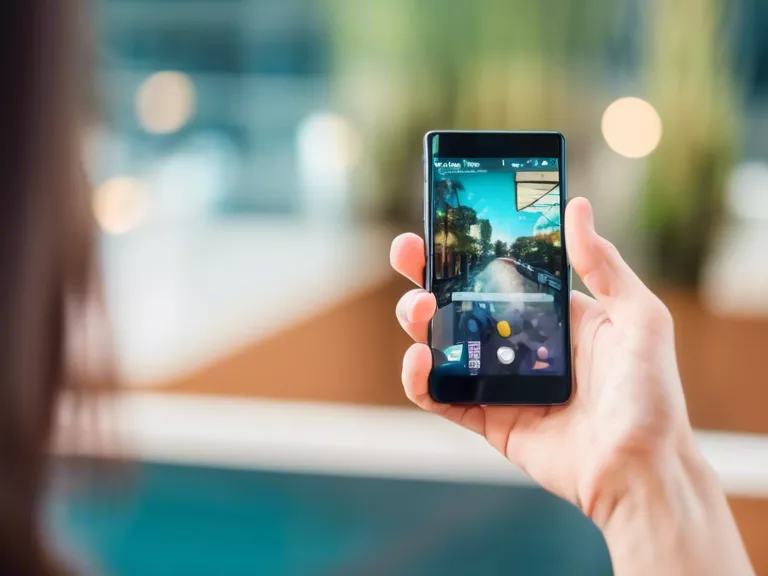
With the amount of personal information stored on our smartphones, it's more important than ever to ensure that our devices are secure. From financial data to private messages, our phones hold a wealth of sensitive information that should be protected from unauthorized access. Here are some tips on how to secure your smartphone and protect your personal data.
Set up a strong passcode or biometric authentication: The first line of defense for your smartphone is a secure lock screen. Whether it's a passcode, fingerprint, or facial recognition, make sure to choose a strong method of authentication that is not easily guessed.
Keep your software up to date: Regularly updating your phone's operating system and apps can help protect against security vulnerabilities and malware. Enable automatic updates to ensure that your device is always running the latest security patches.
Use secure connections: When connecting to Wi-Fi networks, make sure to use encrypted connections whenever possible. Avoid connecting to unknown or public Wi-Fi networks, as they may be compromised by hackers looking to steal your data.
Enable remote wipe and locate features: In case your phone is lost or stolen, having the ability to remotely wipe your device and track its location can help protect your personal information. Make sure to enable these features in your phone settings.
Be cautious with app permissions: When downloading new apps, pay attention to the permissions they request. Avoid granting unnecessary access to your personal data, and regularly review and update app permissions in your phone settings.
By following these tips, you can minimize the risk of unauthorized access to your smartphone and protect your personal data from being compromised. Remember that prevention is key when it comes to securing your device, so take proactive measures to safeguard your information.



